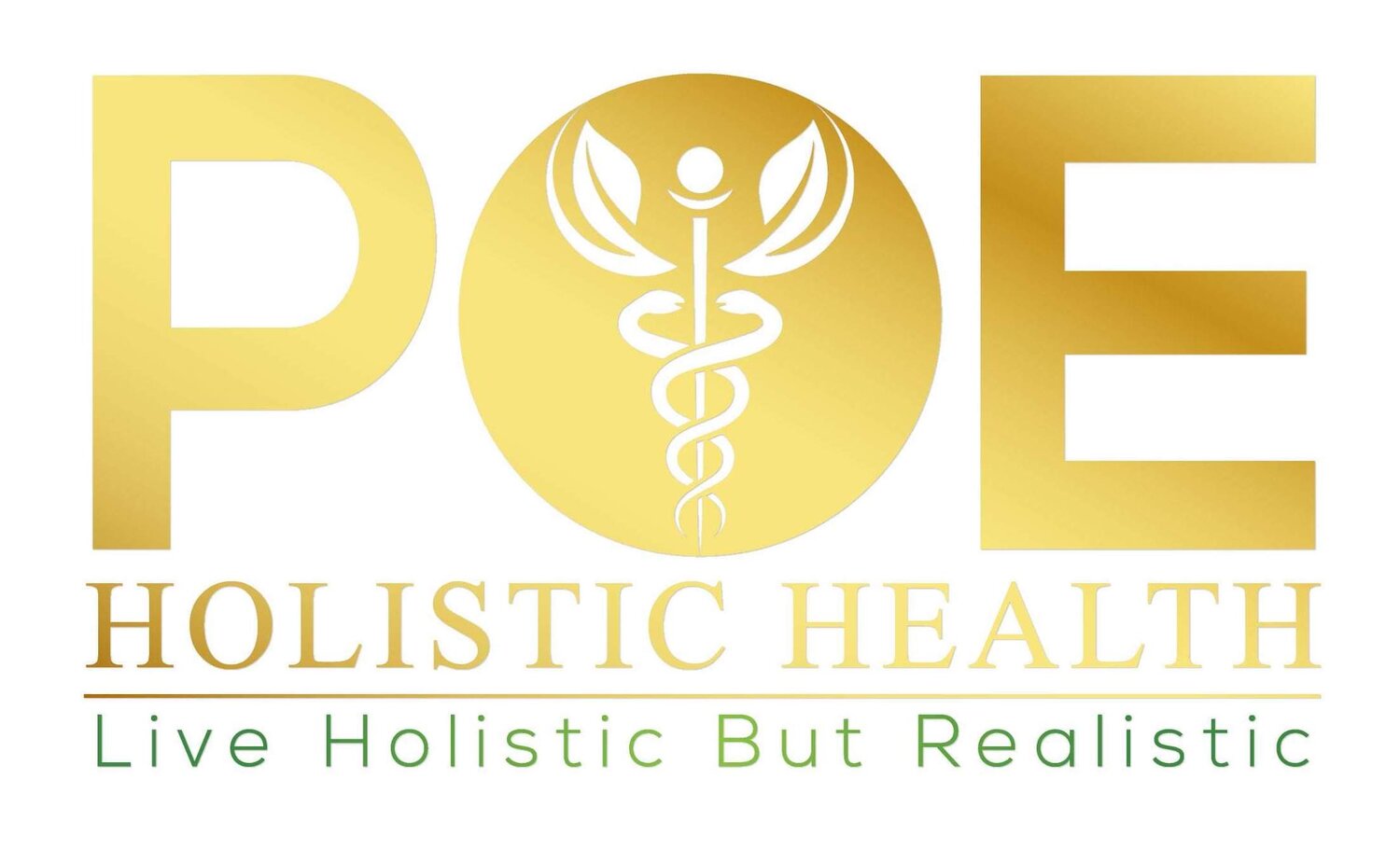There is a lot of controversy as to whether taking vitamins and supplements are really necessary and beneficial. According to a recent survey conducted on behalf of the American Osteopathic Association, more than 86% (4 out of 5) American adults take vitamins or supplements. Certainly in an ideal world, it is best to get our nutrients in the form of good quality food, and not have to rely on supplements. However, even in an “ideal” world where we all get plenty of sleep, stay properly hydrated with water, eat adequate amounts of fruits and vegetables, and consume a whole food diet that incorporates the proper nutrients, there are still some valid reasons to include whole food nutritional supplements in your daily regimen. I will reiterate-there is no magic pill or replacement for the nutrients we get from good quality food sources, but there are some reasons why turning to good quality supplements can be beneficial to overall health and wellbeing.
FARMING PRACTICES AND SOIL DEPLETION=DEPLETED NUTRIENTS
To begin, chances are good that some, if not most of the food we eat comes from soils that have insufficient mineral content. When foods are grown in the same soils again and again, the mineral content of that soil becomes depleted over time. Organic farming practices include “crop rotating” which prevents soil depletion from occurring. However, like most things, consuming organic food is not “fool proof,” and does not always mean foods are going to be 100% superior. Organic soil can also get depleted, but it is more often than not a healthier choice. Many times (of course not always) the foods you buy in grocery stores are picked weeks and even months before they are placed on store shelves. Many fruits and vegetables are shipped from other countries, and once they are placed in stores for sale, they are past their peak ripeness. This places an unknown challenge in obtaining maximum nutrition from the foods we are buying. 90% of people are not getting the recommend amounts of nutrients from food alone.
POOR DIETARY AND LIFESTYLE HABITS=NUTRIENT DEPLETION
In addition to depleted soil, factors like strict diets, poor nutrition habits or appetite, processed foods, high fat and sugar-laden diets, or changes in dietary needs can also contribute to nutritional gaps in the diet. Sometimes laboratory testing will even show these deficiencies of certain vitamins and nutrients. Supplements cannot replace a poor diet, but it can help prevent and support some of the detrimental effects poor eating habits are causing.
PESTICIDES, CHEMICALS, AND POLLUTANTS=FREE RADICALS
To piggyback from the above mentioned farming practices, often times pesticides and other chemicals are used in farming our foods, and also contribute to the need to use supplements. Ingestion and exposure to pesticides, chemicals and other pollutants not just from our foods (which we can never really fully avoid) increases the production of free radicals in our bodies (which we know cause damage to living cells and tissues). Supplementing with antioxidants might be a good option to consider.
EXERCISING AND PHYSICAL ACTIVITY=EXPENDED ENERGY AND NUTRIENTS
Exercising, being athletic and engaging in physical activity is another reason to consider supplementation. Certainly, exercising and staying active is highly encouraged and makes a huge different in overall health and outcomes. However, during exercise and physical activity, our bodies use up energy and stored nutrients. The proper supplements can help replenish the used nutrients (in addition to the proper nutrition to fuel exercise), and can be very beneficial in not only contributing to more efficient workouts, but also contributing to better recovery.
PREVENTION IS KEY
Lastly, prevention is key! It is certainly better to be in a position of preventing illness than treating it! Along with an overall healthy lifestyle (including but not limited to, good nutrition, good hydration, exercise, adequate sleep, stress relief and other self care practices), proper supplements and vitamins may also help keep us healthy and prevent future health issues. Of course this leads to the question-what supplements should I take? Much like anything else, not all supplements and vitamins are created equally. First and foremost, I recommend consulting with a trusted doctor, practitioner or professional that will be able to guide you and recommend vitamins and supplements that are best suited for you before buying or taking just “anything” from the local health food store or pharmacy.


